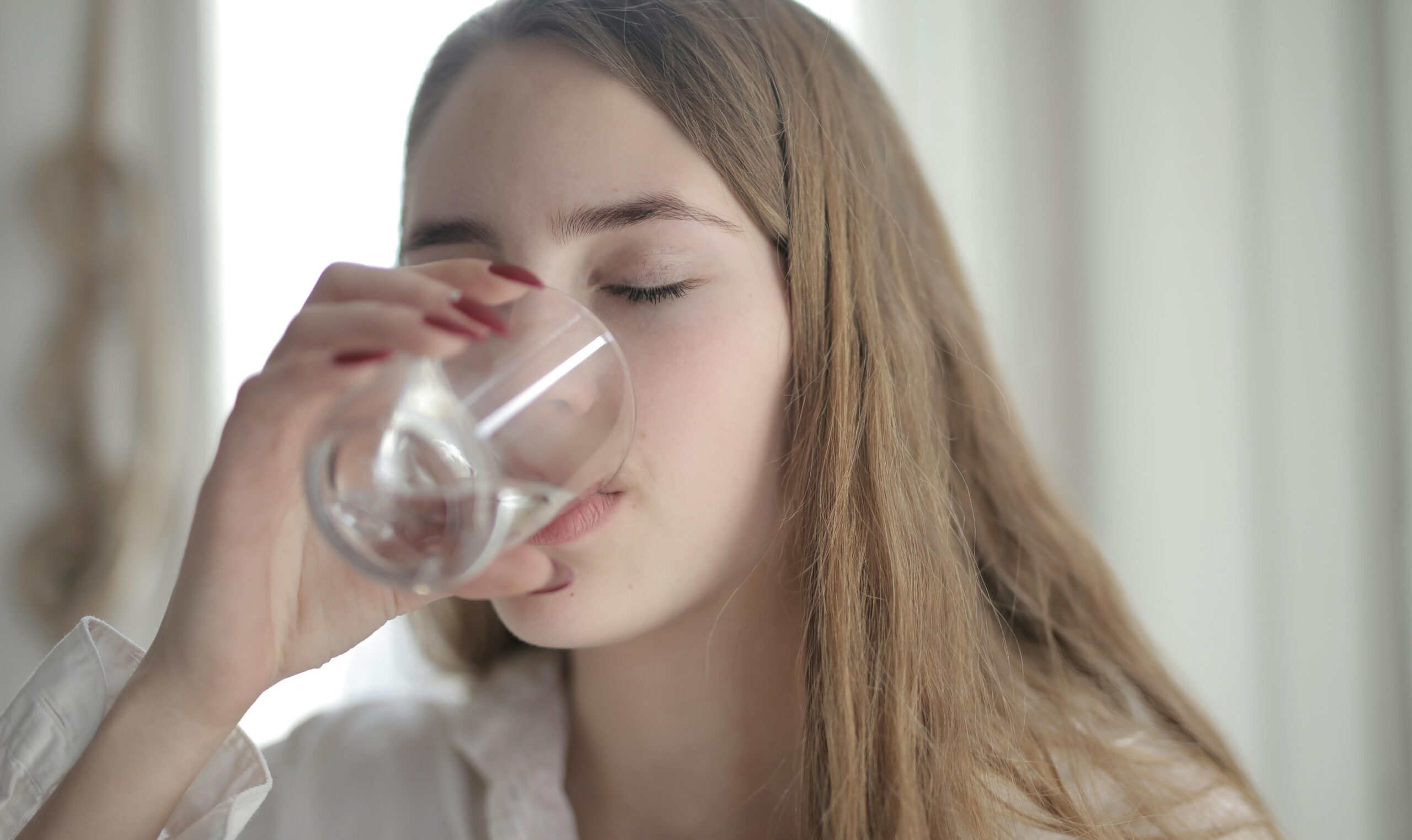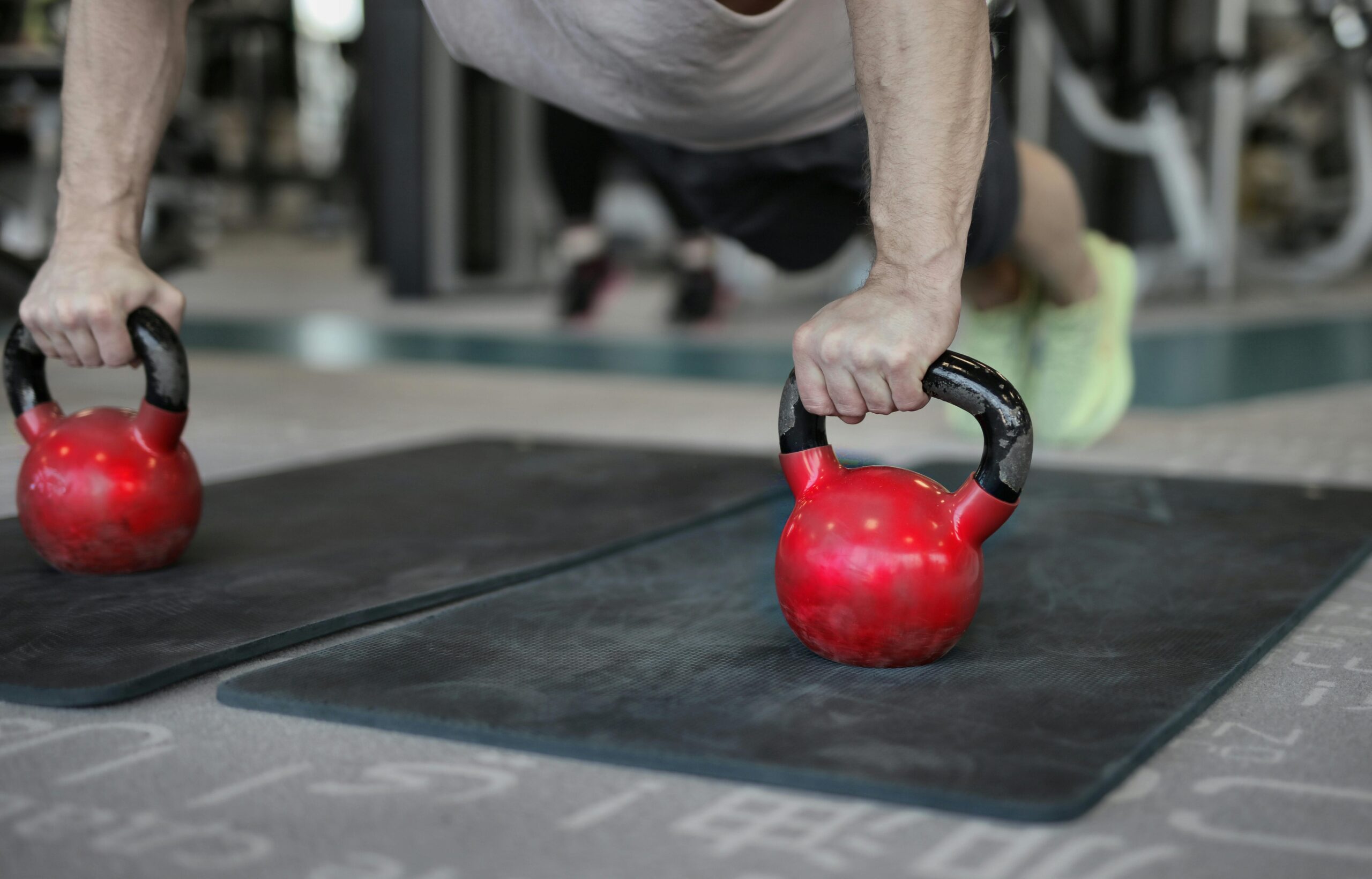Water is essential for life—yet many people underestimate its importance. While we often focus on diet and exercise, hydration is a crucial and often overlooked pillar of health. Every cell, tissue, and organ in your body requires water to function properly.
In this article, you’ll learn:
- Why water is vital to your health
- Signs of dehydration
- How much water you really need daily
- Tips for staying hydrated
- Myths and facts about water intake
🧠 Why Water Is Important for Your Body
Your body is about 60% water, and every system depends on it. Here are some of the critical functions water performs:
| Function | How Water Helps |
|---|---|
| Regulates temperature | Through sweating and respiration |
| Aids digestion | Helps break down food and absorb nutrients |
| Detoxifies | Flushes waste through urine, sweat, and feces |
| Lubricates joints | Keeps your joints cushioned and mobile |
| Protects organs & tissues | Prevents damage from friction and impact |
| Transports nutrients | Moves oxygen and nutrients through blood |
| Boosts energy | Prevents fatigue and helps convert food into energy |
🚨 Signs You’re Not Drinking Enough Water
Dehydration can happen quickly, especially in hot climates or during physical activity. Common symptoms include:
- Dry mouth or throat
- Dark yellow urine
- Headaches or dizziness
- Fatigue or low energy
- Constipation
- Dry skin
- Rapid heartbeat
Chronic dehydration can also contribute to kidney stones, urinary tract infections (UTIs), and poor cognitive performance.
🔢 How Much Water Do You Really Need?
💧 The 8×8 Rule
A popular recommendation is eight 8-ounce glasses of water a day—roughly 2 liters or half a gallon. But water needs vary depending on:
- Age
- Weight
- Activity level
- Climate
- Health conditions
- Pregnancy or breastfeeding
⚖️ General Daily Recommendations
| Group | Recommended Intake |
|---|---|
| Adult men | 3.7 liters (15.5 cups) per day |
| Adult women | 2.7 liters (11.5 cups) per day |
| Pregnant women | 3.0 liters (12.7 cups) per day |
| Breastfeeding women | 3.8 liters (16 cups) per day |
Note: This includes water from all beverages and food. Fruits and vegetables like watermelon, cucumber, and oranges also contribute to hydration.
🥤 What Counts as Water?
While pure water is best, other sources can help meet your hydration goals:
- Herbal teas
- Milk
- Coconut water
- Fresh fruit juices (limit sugar)
- Soups and broths
Avoid sugary sodas and energy drinks, as they dehydrate more than hydrate.
⛅ Special Situations That Increase Water Needs
You’ll need more water if:
- You’re exercising heavily
- You live in a hot or humid climate
- You’re sick with fever, vomiting, or diarrhea
- You’re pregnant or breastfeeding
- You consume a high-protein or high-fiber diet
A good rule: Drink water before, during, and after exercise.
🧪 What Color Should Your Urine Be?
Urine is a great hydration indicator. Here’s a simple chart:
| Urine Color | What It Means |
|---|---|
| Clear | You’re well-hydrated |
| Pale yellow | Normal and healthy |
| Dark yellow | Mild dehydration |
| Amber or brown | Dehydrated — drink water! |
💡 Tips to Stay Hydrated All Day
- Start your day with a glass of water
- Carry a reusable water bottle everywhere
- Use smartphone reminders or hydration apps
- Add lemon or mint to make water more enjoyable
- Eat more water-rich foods like cucumbers, oranges, and melons
- Drink before you feel thirsty — thirst is a late sign of dehydration
🧠 Myths and Facts About Drinking Water
| Myth | Reality |
|---|---|
| You only need water when you’re thirsty | Thirst signals late-stage dehydration |
| Coffee dehydrates you | In moderation, coffee still contributes to daily fluid intake |
| Bottled water is better than tap | Not necessarily; many tap sources are just as safe |
| More water is always better | Too much can cause overhydration (hyponatremia), especially in athletes |
🧴 Overhydration: Yes, It’s Real
Drinking excessive amounts of water in a short period can lead to hyponatremia, a condition where blood sodium levels drop dangerously low.
Symptoms include:
- Nausea and vomiting
- Confusion or disorientation
- Muscle cramps
- Seizures
It’s rare, but athletes and marathon runners are more at risk.
🌿 Health Benefits of Staying Hydrated
| Benefit | How It Helps |
|---|---|
| Better digestion | Reduces constipation and acid reflux |
| Enhanced brain function | Improves memory, concentration, and mood |
| Weight management | Suppresses appetite and boosts metabolism |
| Glowing skin | Reduces dryness and acne, promotes healthy skin cells |
| Joint health | Reduces stiffness and joint pain |
| Detoxification | Helps eliminate toxins through kidneys and sweat |
🧬 Conclusion: Water Is Life
Water isn’t just something to sip occasionally—it’s a lifesaving resource that fuels your entire body. Making hydration a part of your daily routine can improve your health, boost your energy, and even prevent disease.
✅ Aim for consistent water intake throughout the day, listen to your body, and treat hydration as essential—not optional.



